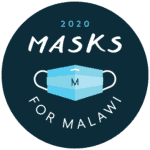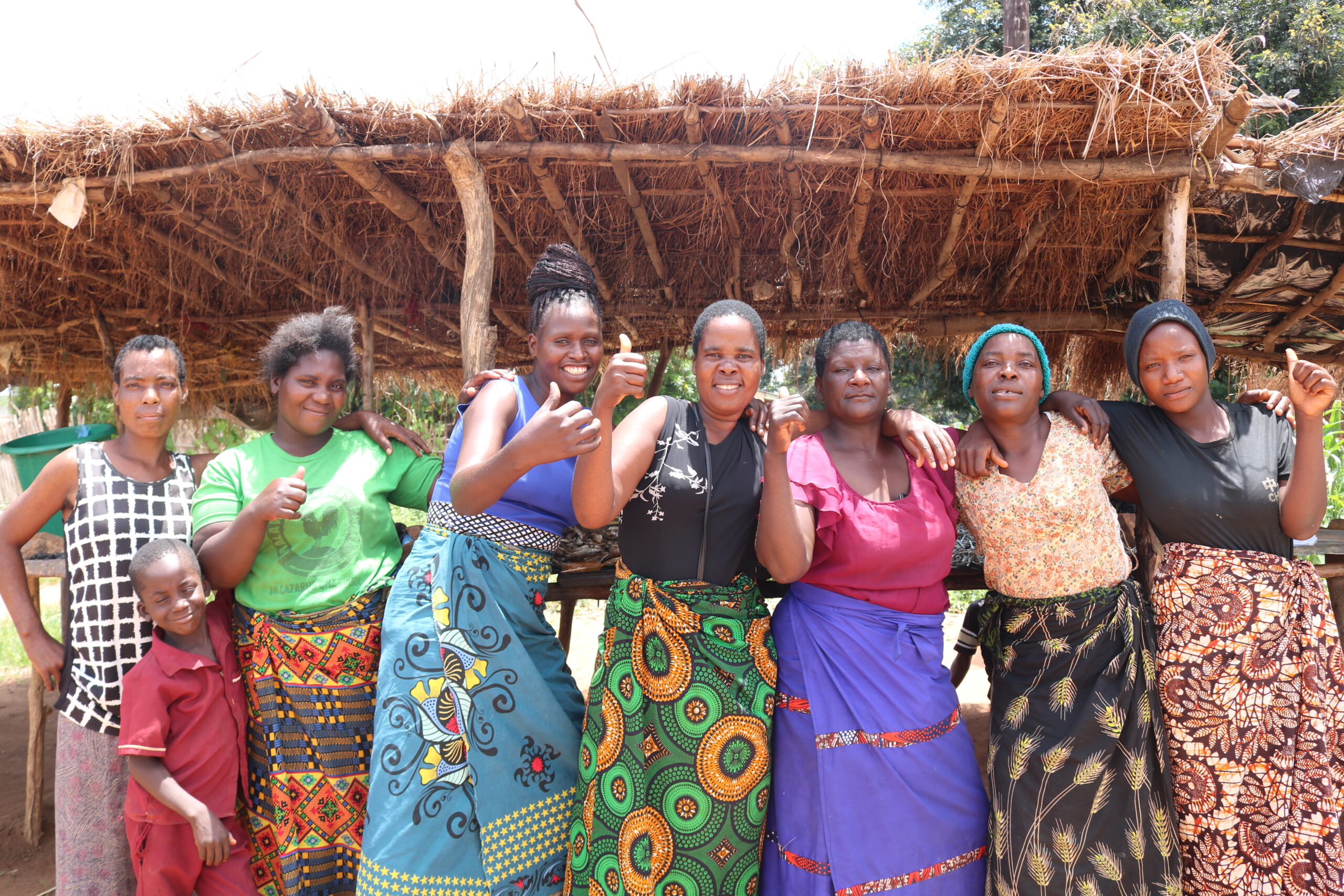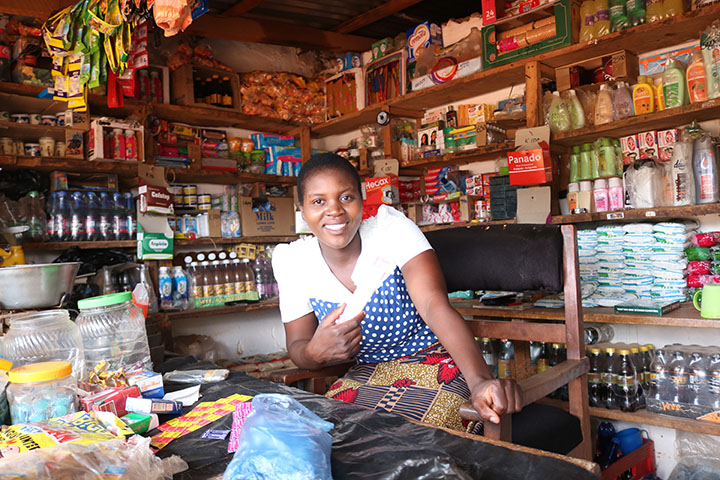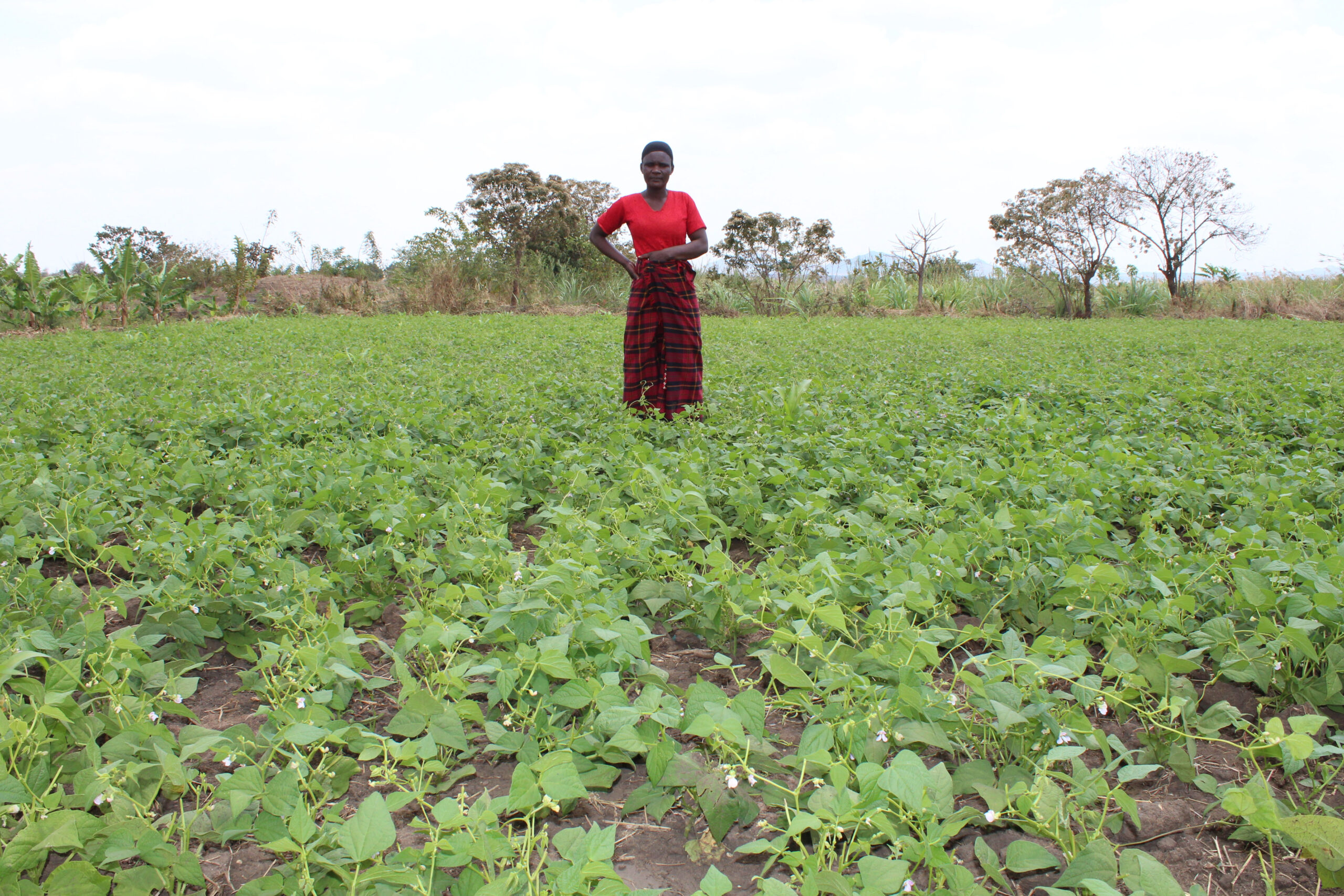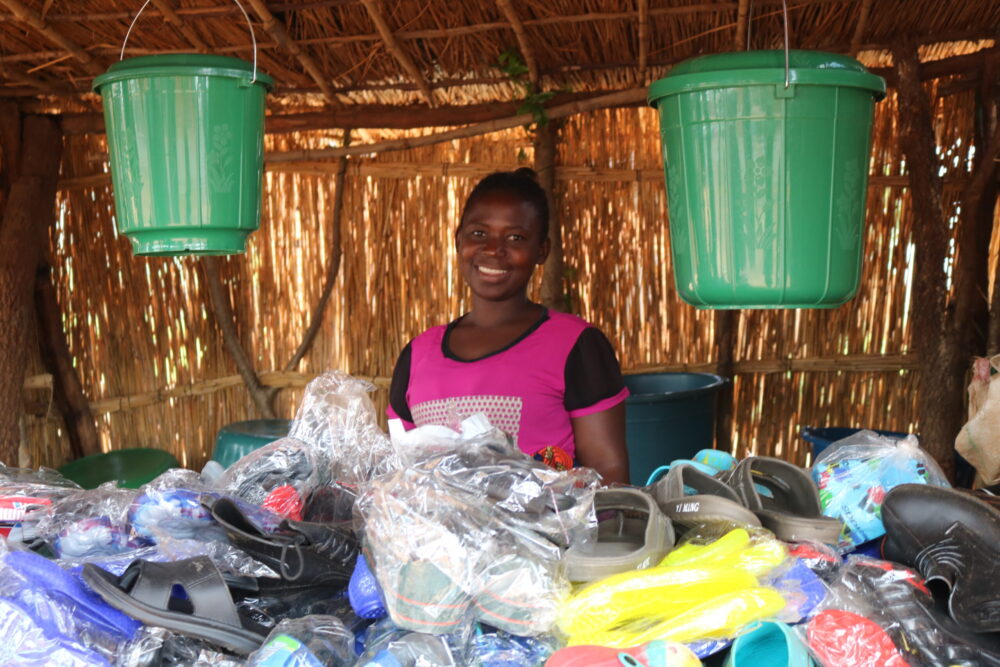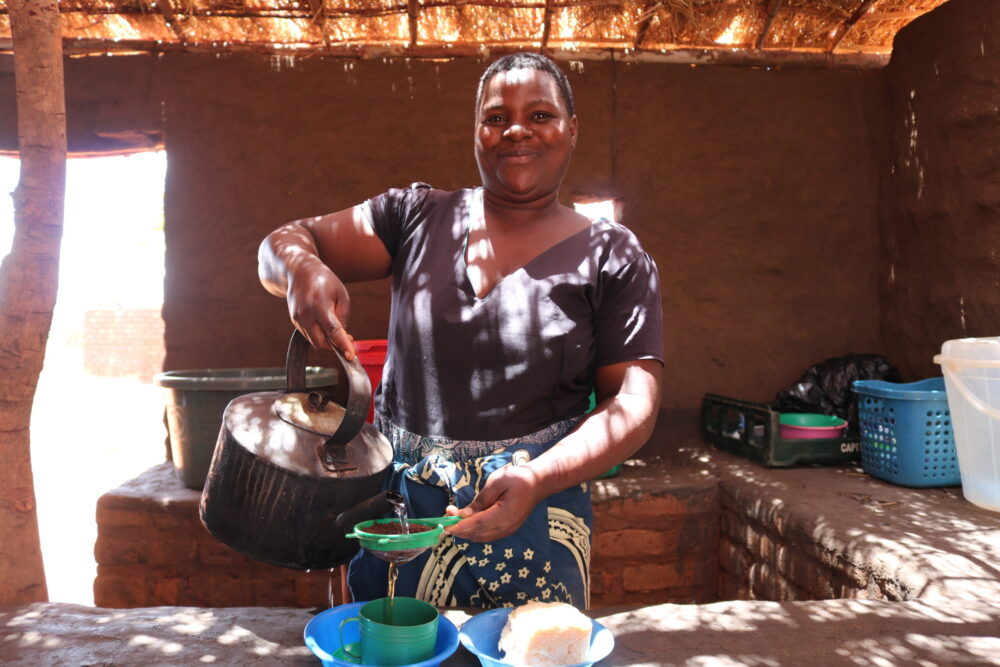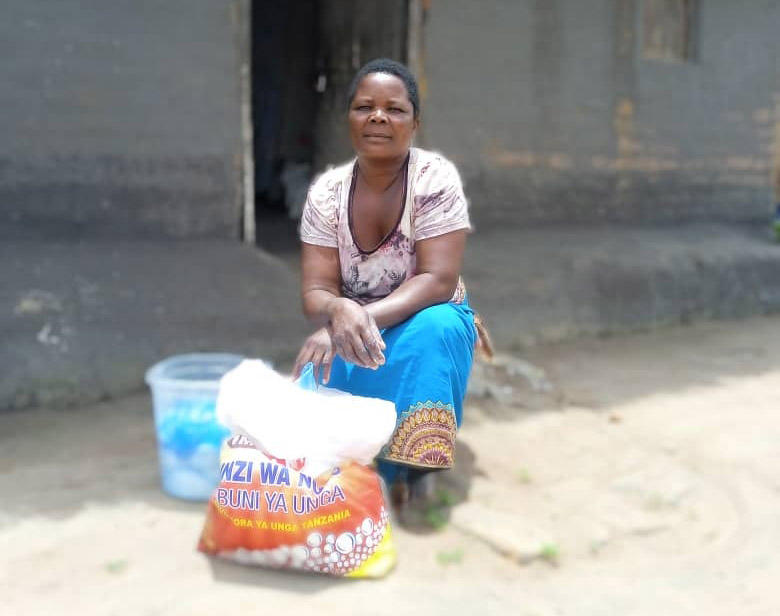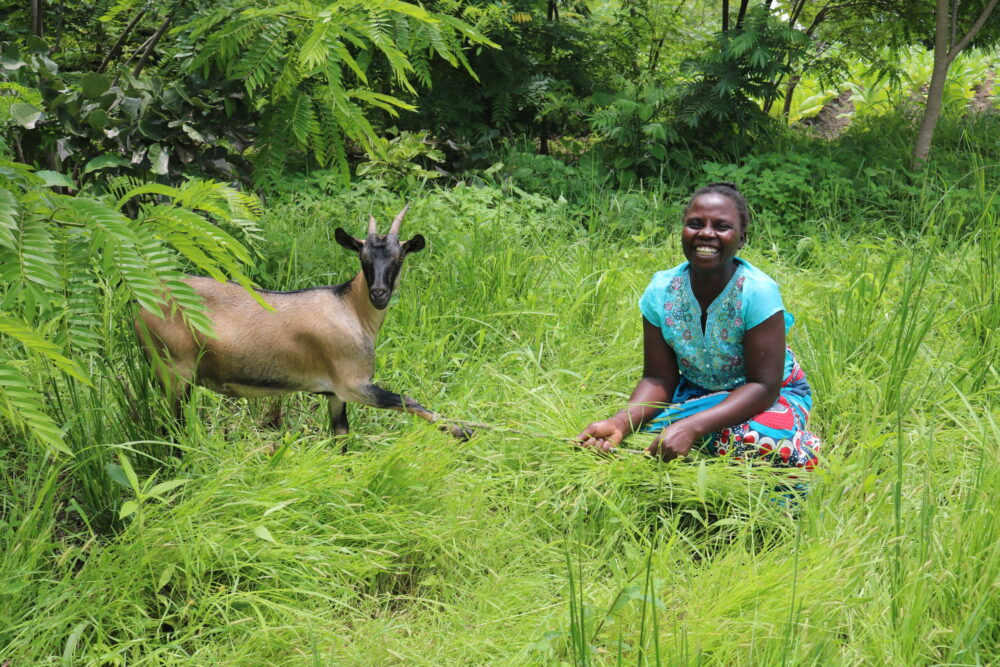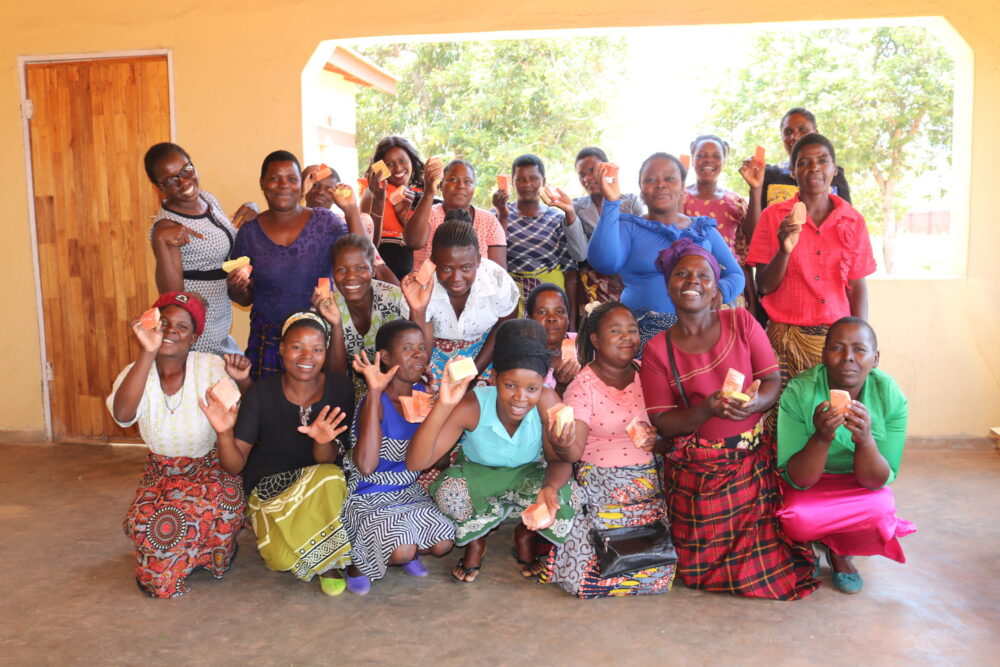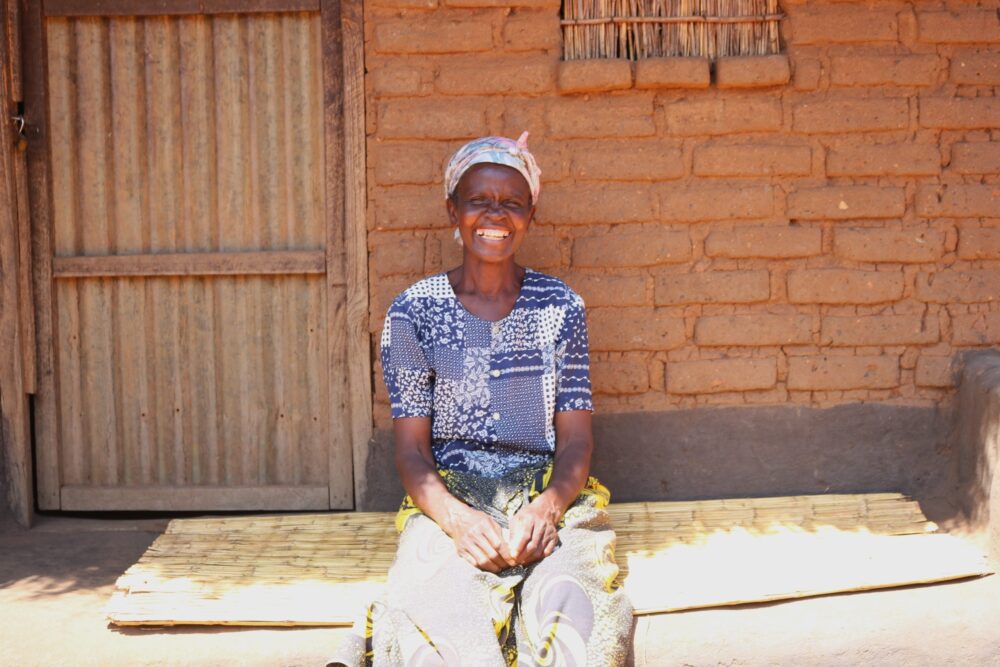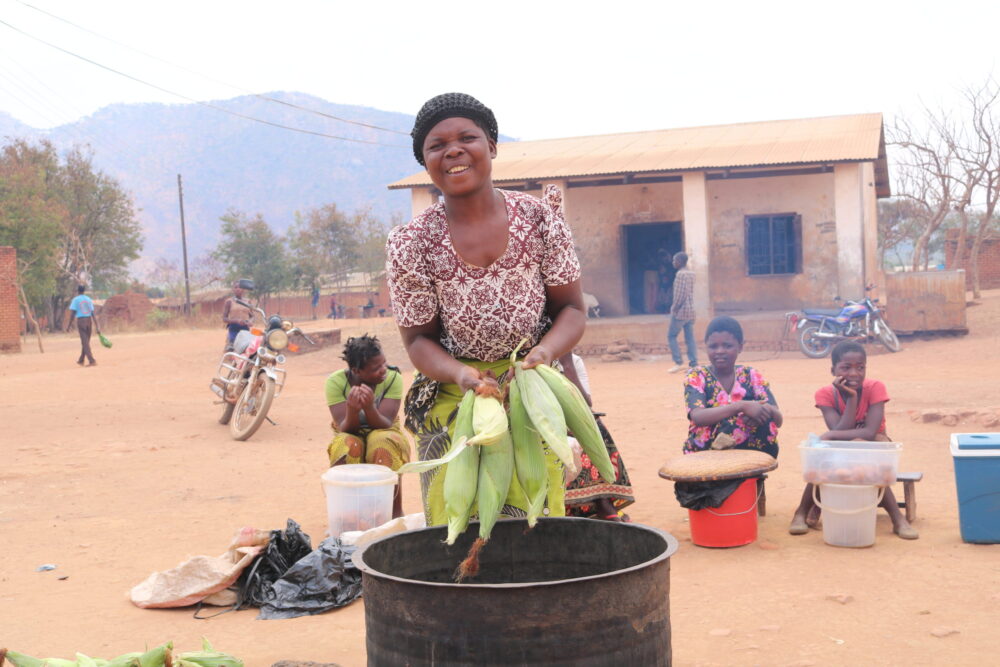Every year, March is designated Women’s History Month. In this month, we honour and celebrate women’s contributions to history and contemporary society. In today's blog, we talk with women from our FEM program, and they highlight the roles they play in their families and Kasese community. Read the blog article to learn more!
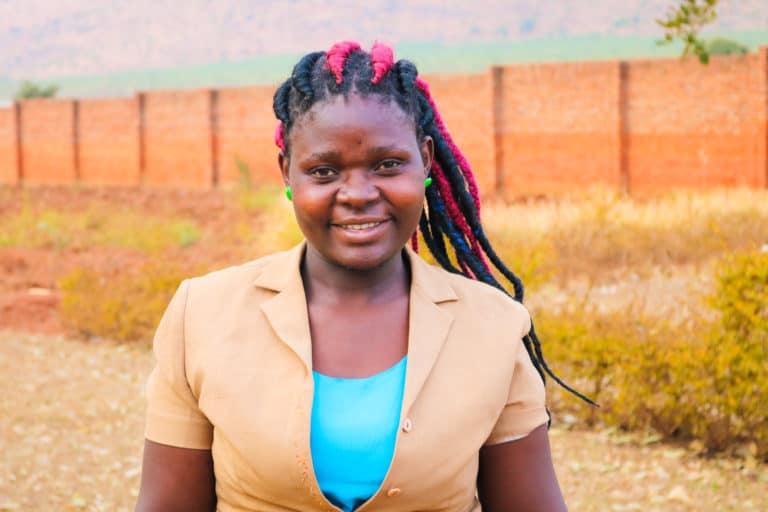
On the back porch of Orant Charities Africa, bordered by green gardens and a forest preserve, tailors thread their sewing machines. With accuracy, they cut textiles into mask patterns. Swiftly and surely, they sew colorful masks out of chitenge fabric. They add elastics on the sides of masks to slip easily around the ears. These tailors will play an instrumental role in protecting their community from the spread of coronavirus.
Chisoni Puleti Kaundama wears bright red shoes and a navy skirt. She sits in front of her sewing machine with a mountain behind her. Her machine, her craft, and her income are all points of dignity. “I am proud that I am a tailor and I am able to make a living and support my family,” she says. She is 29 years old and married with a two year old daughter. She will be a powerful role model for her daughter, an example of hard work and perseverance.
Like many school-aged girls in Malawi, Kaundama faced the insurmountable challenge of tuition. According to USAID, in 2016, less than 40% of girls who were enrolled in their final year of primary school continued on to their first year of secondary school. Kaundama made it through both primary and secondary school, but did not pass Form 4, the last year of secondary school. Despite wanting desperately to repeat Form 4, Kaundama couldn’t afford it.
Before Orant, Kaundama found Zoe. The NGO enrolled her in a program that taught her to be a tailor. They gave her a starter pack with a sewing machine and clothes. She had all the tools necessary to start her own business and earn her own income. “In the first months, it was challenging to pay rent for the shop and to find customers,” she says. But after four months, she was established. “I learned that in life, I should not give up.” At Madisi Trading Center, she created her own success by making dresses, skirts, shirts, and other cloth products.
Unfortunately, when Covid-19 hit Malawi, business slowed. People rarely brought materials for Kaundama to sew like they did before. Income seemed less reliable and stress was palpable.
Orant felt the stress, too. In order to lessen the virus’ spread, Orant needed to normalize mask wearing. In order to normalize mask-wearing, Orant needed masks. And to make masks, Orant needed craft expertise. So, Orant offered Kaundama a contract and she accepted. She made masks at a faster rate than Orant could’ve anticipated.
“I am happy I have found a contract,” Kaundama says, “It’s an improvement. I have targets. My income is certain. I’ve also learned to make masks, which means I’ve added another skill.”
Kaundama dreams of having her own land to build a house and a tailoring shop. Orant dreams of employing more women in programs that give them the tools and skills to provide for themselves and their families. To support Kaundama’s salary and Orant’s mask-making initiative, read about Masks for Malawi.
Stories From The Field
Celebrating 5 Years of FEM for Women
Learn how to make this favorite Malawian dish, Mpiru Otendera. One of Malawi’s most popular recipes, Mpiru Otendera (mustard greens with peanut flour) is a nutritious and filling recipe that goes well with many meals.
Transforming the Lives of Women in Rural Malawi
In rural Malawi, pregnant women face many challenges including lack of access to prenatal care, poor nutrition, and lack of safe spaces to deliver their babies. Orant is working to change that with the renovation of our maternity ward. Read about it in this week’s blog.
Growing Malawi’s Economy through Orant’s FEM Program
Read our latest blog to learn more about how our Financial Empowering Microloans (FEM) for Women program serves the Kasese community and helps to lift a heavy burden off the community’s shoulders.
Making Dreams into a Reality: Orant’s Microloan Program in Malawi
Many women in rural Malawi find themselves stuck in the poverty cycle due to lack of business capital. Our FEM Program works with such women, helping them transform their lives as they become independent. Learn more in our latest blog as Sophelet’s shares her story.
Microloans and Building Business Skills in Malawi
At the end of 2022 we introduced our third group of our Financial Empowering Microloan (FEM) for Women group called Takondwa. Read our latest blog, as Magret Moffat, one of the group's beneficiaries, tells a story of how the program has already transformed her life through loans and business skills training.
Cultivating a Savings Culture in Malawi
As a way of cultivating a saving culture in the FEM Program, Orant requires each cohort to establish a savings group. Why is this important? Find out here.
Microloans for Malawian Women: An Interview with Tango Phiri
Insightful thoughts from Tango Phiri on Orant's Financially Empowering Microloans for Women Program.
Bountiful Harvest
The Orant Farm Project has transformed Teleza Manuwelo's life. With 2 acres for farming, Teleza earned enough income to feed her family.
Diversifying Small Business in Malawi
Ireen Henderson is a participant of Orant's FEM for Women Program. With a microloan, she has diversified her small business to build stability for her family.

